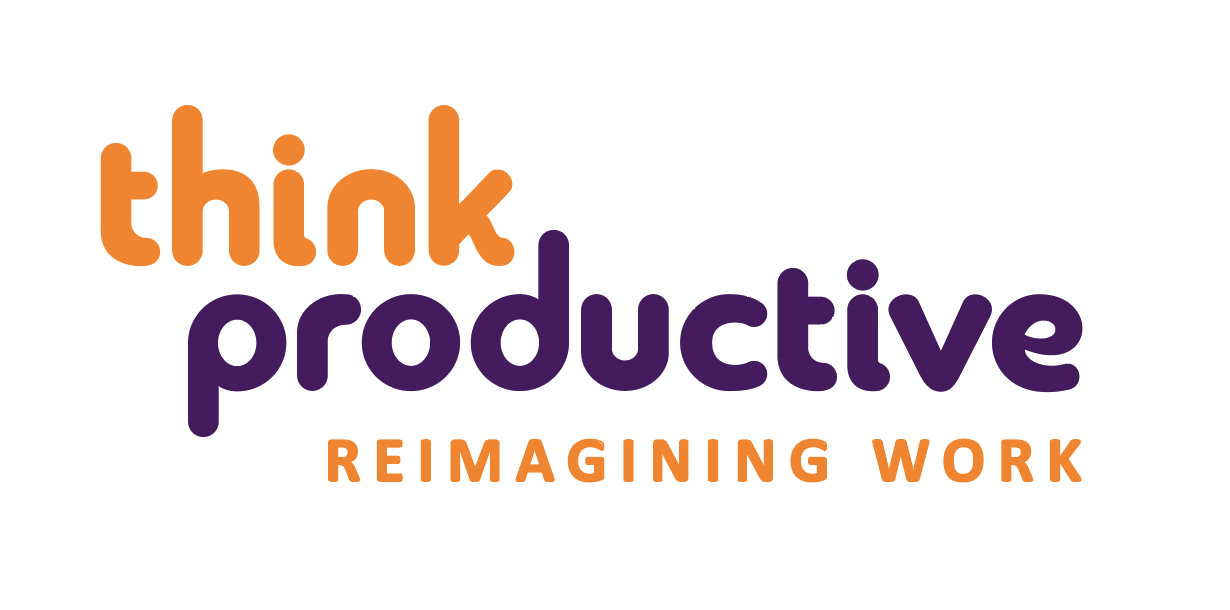Why is Mental Health Training Important?
It’s a well-known fact that organisations must have first aiders, at least one per floor or a recommendation of 1 per 50 employees. Yet, as the number of suicide deaths per year inch closer to that of heart attack deaths, asthma attacks become less common than panic attacks, and food phobias are about as usual as food allergies – why aren’t we talking about Mental Health First Aid more?
Even without digging into the morbid statistics, creating mental health awareness within the workplace says;
“This workplace believes you have a worthwhile story to tell. You are in a safe place to tell it, and we will support you to manage your illness and be here.”
What are the benefits of mental health training?
Mental health training within your organisation can be transformative. As with first aid training, mental health training gives employees the tools to keep themselves and their colleagues well:
- It endorses that seeking help when things aren’t ok, is ok.
- Empowers people with mental health illnesses to thrive at work.
- Creates a supportive culture and acts as a preventative step toward mental health issues within the workplace.
Mental health training is a step towards positive, long term cultural change within your organisation. If team members believe they work within a culture that discourages stress, over-working and presenteeism, they are more likely to speak up when they need a break.
And because we spend such a large proportion of our life at work and in contact with colleagues, workplaces are uniquely placed in the fight to reduce the stigma surrounding mental illness. But sadly, most employees do not believe their managers would know what to do when approached about mental illness and most managers agree (1).
This cycle of fear prevents us from speaking up when we’re not ok and stops us from asking when someone else isn’t ok. Mental health training can provide a safe space and protected time for team members to explore how to ask and what to do if someone is not ok.
What do the stats say about Mental Health in the Workplace?
As part of tackling mental illness, the Health and Safety Executive recommends mental health awareness training for the organisation. Such movements are in direct response to the stats around mental ill-health in the workplace that continue to grow each year:
- 1 in 6 workers will experience depression, anxiety or problems relating to stress at any one time (2).
- In 2018/19, stress, depression or anxiety were responsible for 44% of all cases of work-related ill health and 54% of all working days lost due to health issues in GB (3).
- 1 in 5 people take a day off due to stress. Yet, 90% of these people cited a different reason for their absence (4).
- Presenteeism accounts for two times more losses than absences (5).
- Every year it costs businesses £1,300 per employee whose mental health needs are unsupported (5).
- People with long-term mental health conditions lose their jobs every year at around double the rate of those without a mental health condition. This equates to 300,000 people – the equivalent of the population of Newcastle or Belfast (6).
These stats are just what we know of and most probably represent the tip of the iceberg.
In a space where we spend much of our time, often in positions that are a portion of how we identify and where the work is a stressor in our stress bucket, organisations can no longer ignore how important it is to be mental health aware.
Your mind makes you, you.
Written by Becky Few
Owner of Not Lost, but Free, LinkedIn.
Becky Few is a freelance mental health and wellbeing consultant with a portfolio in health improvement resulting from experience within many facets of the speciality. Rebekah is currently undertaking studies in counselling and holds a PGDip in Health and Social Care Leadership and B.Sc. in Psychology and Philosophy.
Becky delivers our Mental Health Awareness workshops in the UK.
She has worked for 13 years in mental health and wellbeing, working in patient-facing roles as a Wellbeing Practitioner, Behaviour Change Specialist and as a Voluntary Crisis Support Worker, alongside leading public health teams.
Becky is currently involved in several public health and wellbeing projects. She also provides academic support, including lecturing to various higher education institutions. In addition to this, she runs her own business providing consultancy and facilitation.
References:
- Business in the Community. Mental Health at Work 2019: Time To Take Ownership [Internet]. 2019. Available from: wellbeing.bitc.org.uk
- McManus S, Bebbington P, Jenkins R, Brugha T. Mental health and wellbeing in England: Adult Psychiatric Morbidity Survey 2014 [Internet]. Leeds; 2016. Available from: content.digital.nhs.UK
- Health and Safety Executive. Work-related Stress, Depression or Anxiety Statistics in Great Britain 2019 [Internet]. 2019 [cited 2020 Jan 6]. Available from: hse.gov.uk
- Mind. Work is the biggest cause of stress in people’s lives [Internet]. 2013. Available from: mind.org.uk
- Centre for Mental Health. Mental health at work: The business costs ten years on [Internet]. 2017 [cited 2017 Oct 16]. Available from: centreformentalhealth.org.uk
- Stevenson D, Farmer P. Thriving at work: The Independent Review of Mental Health and Employers [Internet]. 2017 [cited 2017 Nov 22]. Available from: gov.UK

